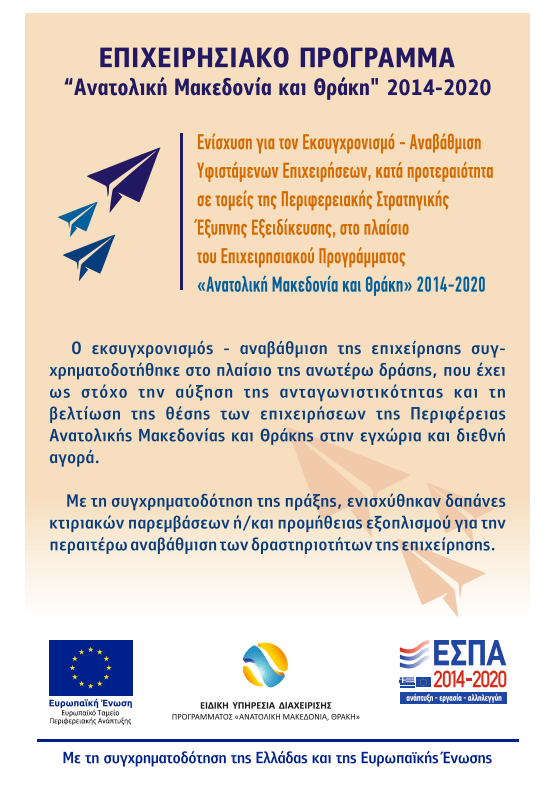The stringent specifications followed by Interplast in the production of Como-Flex polyethylene pipes, are certified in its labs with tests specified by European standard 12201, German DIN 8074/75 and International ISO 4427.
The lab distributes only certified pipes that have been quality tested in the following ways:
This is a regular test that is carried out each time raw materials are received. The flow of the melt of the raw materials is very important in defining the temperature profile of the EXTRUDER and thus homogenization of the material. Then, the small divergence of the pipe’s melt flow certifies the excellent processing of the raw material.
Visual inspection of the outer and inner pipe surface, measurement of outer diameter and measurement of wall thickness by use of certified instruments. These are checks that certify the ongoing measurements carried out throughout production.
Specimens from production are kept in the lab stove for 1 hour at 110oC. The results should not show shrinkage after freezing greater than 3% according to DIN 8075. Como-Flex pipes present a 1.0% result. This translates in a particularly low linear expansion of pipes during operation.
This is one of the most important checks and in conjunction with raw material flow it defines the temperature profile and turns of the EXTRUDER. Como-flex pipes display the best possible homogenization, ensuring their long lifespan.
Specimens remaining for 100 hours at 20oC and for 165 and 1000 hours at 80oC as specified by German DIN 8075, International ISO 4427 and European 12201. The 1-hour tests are performed for each final product lot, the 100 and 165 hour tests every 2 weeks and the 1000 hour test annually for each cross-section.
Pipe specimens are internally scratched at a 10% depth of the wall thickness, their interior is filled with a special chemical that eliminates surface tensions and they are then pressed at 80°F for 1000 hours. The resistance of Como-Flex pipes to this test ensures their reliability even in cases of incorrect treatment during installation (small tears, scrapes, etc.).
With the use of a thermal cyclic tester, according to ISO 10508.
A test is performed in a special simulator of an actual plumbing installation, which is one of the few used in industrial laboratories of Europe.
Hydraulic pressure is applied to a network of Como-flex pipes and fittings, while the water temperature is alternated every 15 minutes between 20oC and 95oC (thermal shock cycle). After the completion of 5000 cycles, all the above tests are performed again, in order to determine any divergence of mechanical and physical-chemical properties of pipes and fittings from their original ones (determination of resilience to ageing).










